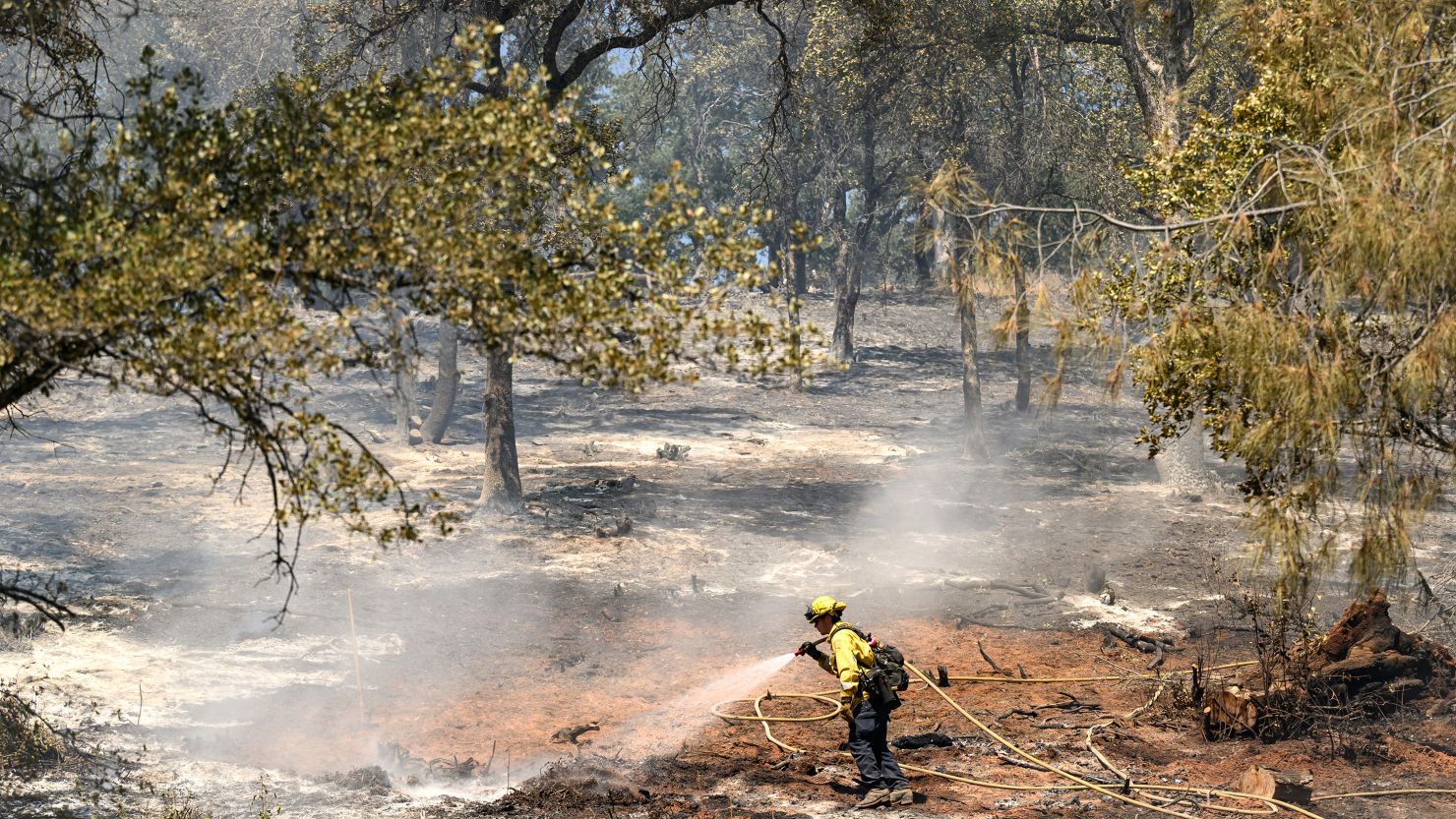Scientists warn that coming heat waves could have serious consequences for human health and ecosystems. Sudden spikes in temperature above historical norms are not only a nuisance, but also a real threat to life, especially for vulnerable populations. Preparing for and adapting to extreme weather conditions are becoming a priority to reduce potential hazards and support people’s physical well-being during this dangerous summer period.
Climate crisis: World heat records in 2024
Much of the US population has already experienced extremely high temperatures. In Death Valley, the thermometer jumped to an alarming +53.9°C, and Las Vegas set a new all-time high with a reading of +48.9°C. Extreme temperatures continue to grip countries around the world, The Conversation reports.
The past 13 months have been the hottest months on record, according to the European Union’s climate service Copernicus. Over the past 12 months, average temperatures have exceeded pre-industrial levels, which date back to the period between 1850 and 1900, by at least one and a half degrees.
These data are of great concern to scientists, since such temperature deviations indicate a significant impact of human activity on the Earth’s climate system. Rising temperatures are having destructive effects on ecosystems, causing global sea levels to rise, and increasing the frequency and severity of extreme weather events such as droughts, hurricanes and floods. In this context, urgent action is needed to reduce greenhouse gas emissions and adapt to a changing climate to reduce the impact of global warming and ensure a sustainable future for all people on earth.
Early summer heat is reportedly evidence of a continuing global warming trend. These dangerous temperatures pose a significant risk to human life across the planet.

Global warming: heat becomes a global threat
In Mexico and Central America, long weeks of extreme heat coupled with prolonged drought have caused severe water shortages and led to dozens of deaths.
Extreme heat in Saudi Arabia led to tragedy: more than 1,000 people died during the pilgrimage to Mecca. On June 17, the temperature in the Grand Mosque in Mecca reached +51.8 degrees Celsius. Hospitals in Pakistan have become overwhelmed due to intense heat and frequent power outages and water shortages in the past few weeks. In neighboring India in April and May, temperatures reached +48.9° for several days in a row, causing suffering for millions of people.
In Greece, thermometers rose above +37.8°, which led to the death of several tourists. Record temperatures were also recorded in Japan.
Heat waves, once considered a rarity, have now become an almost regular occurrence. This not only poses serious risks to people, but also causes serious damage to ecosystems, agriculture and infrastructure. Combating climate change requires coordinated efforts and immediate action at all levels to mitigate the effects and prevent further deterioration of the situation.

Researchers warn: it’s not just summer 2024
And while heat waves are a natural part of the climate, their intensity and scale in 2024 leave little room for doubt. Studying the last ice age, which began about 20,000 years ago, you can see the planet was only 6 degrees lower than it is now. This reminds us that even a small warming of 1.2 degrees can change the climate dramatically. The summer of 2024 will likely go down as one of the hottest summers ever recorded, but it’s important to recognize that the future may also bring unexpected temperature swings. In 2024, high temperatures pose not only a challenge to vulnerable populations, including children, the elderly and outdoor workers, but also a threat to the economy. Extreme heat can damage infrastructure and lead to railroad breakdowns and power outages, which are especially critical during periods of increased energy demand for cooling. June 2024 has already set the record for the hottest on record, and scientists are predicting the entire year could be the warmest on record since the mid-1800s.

